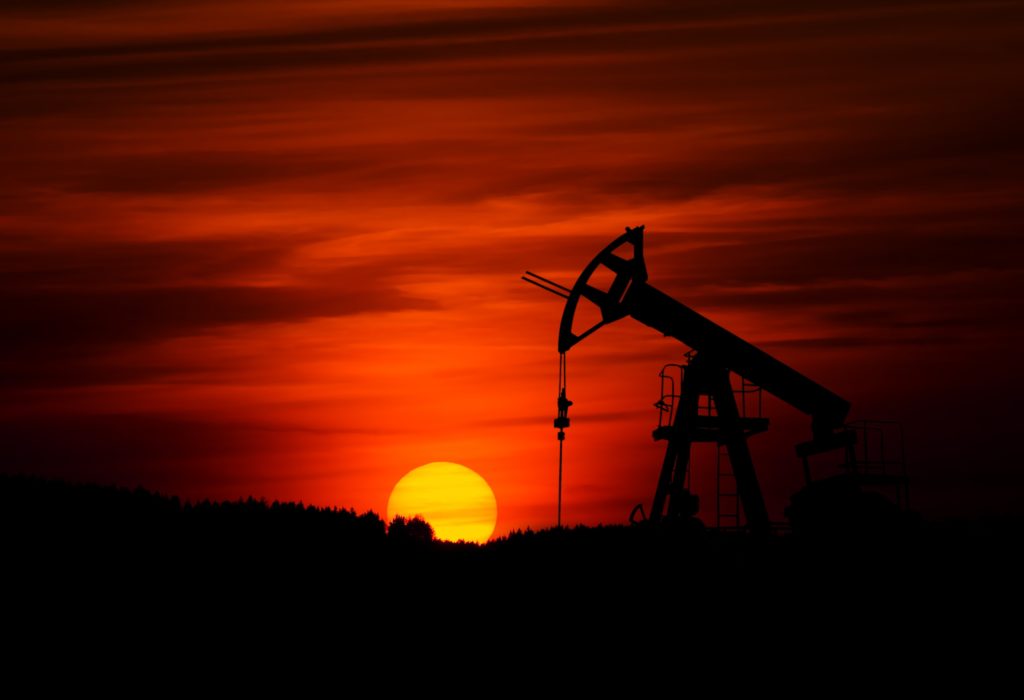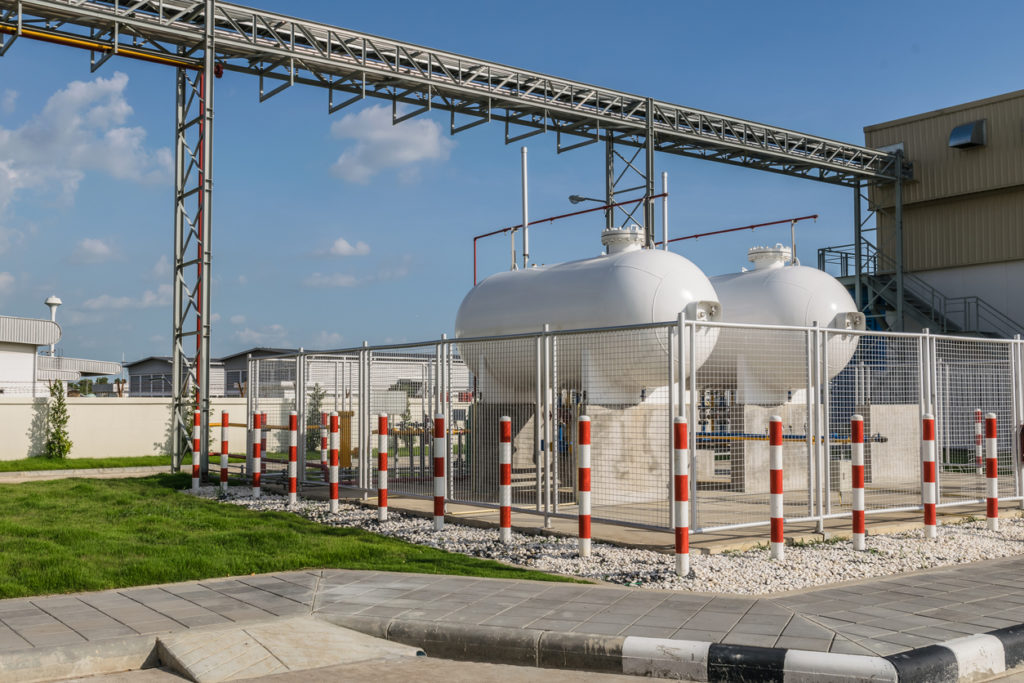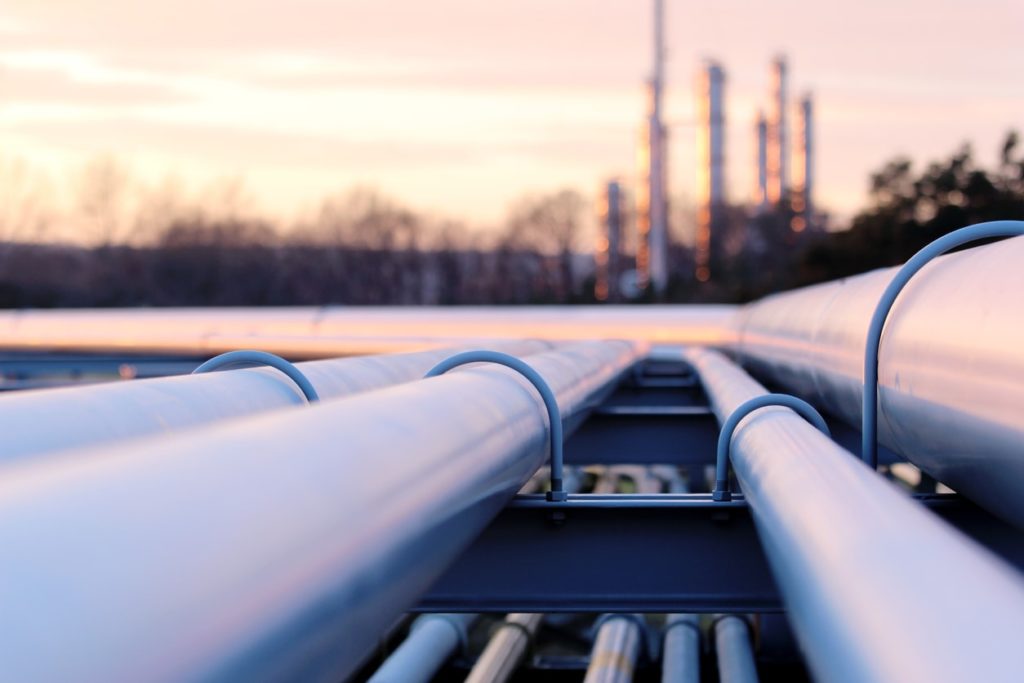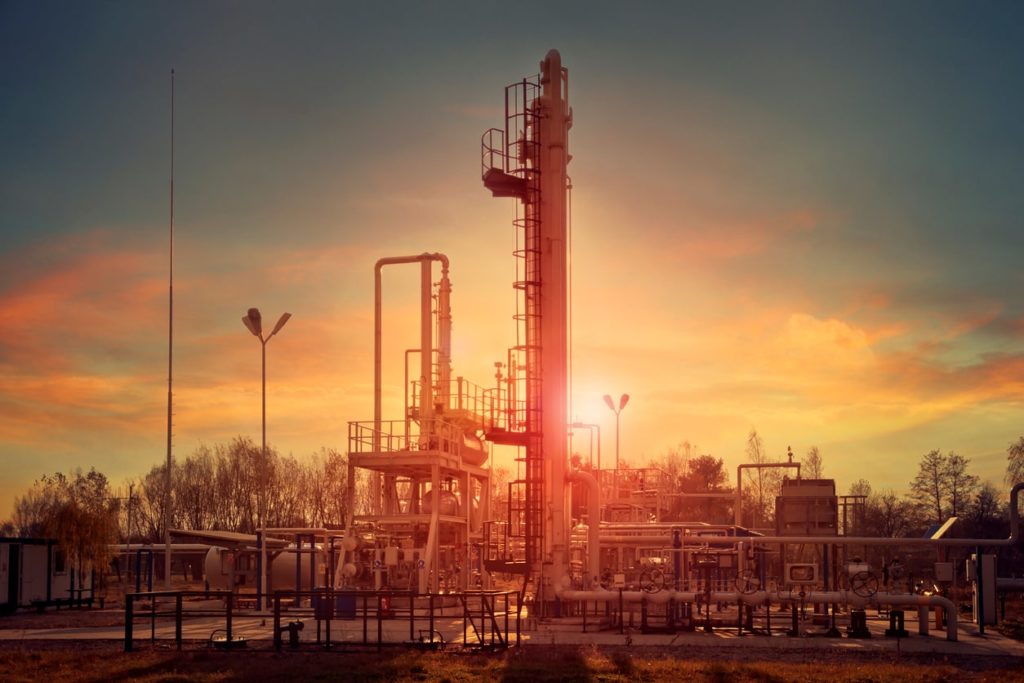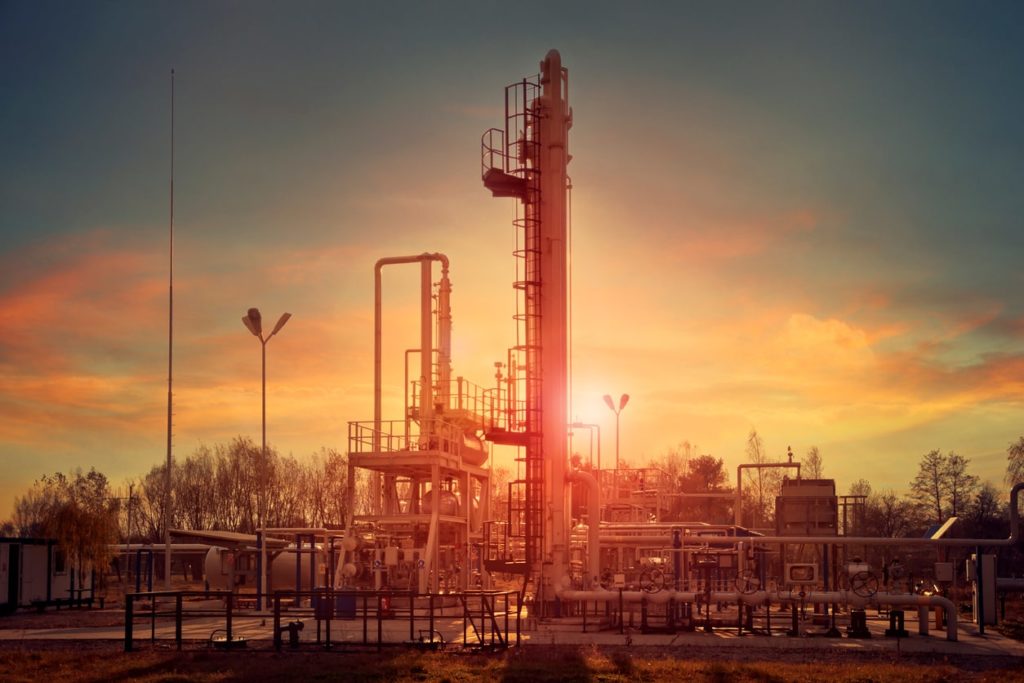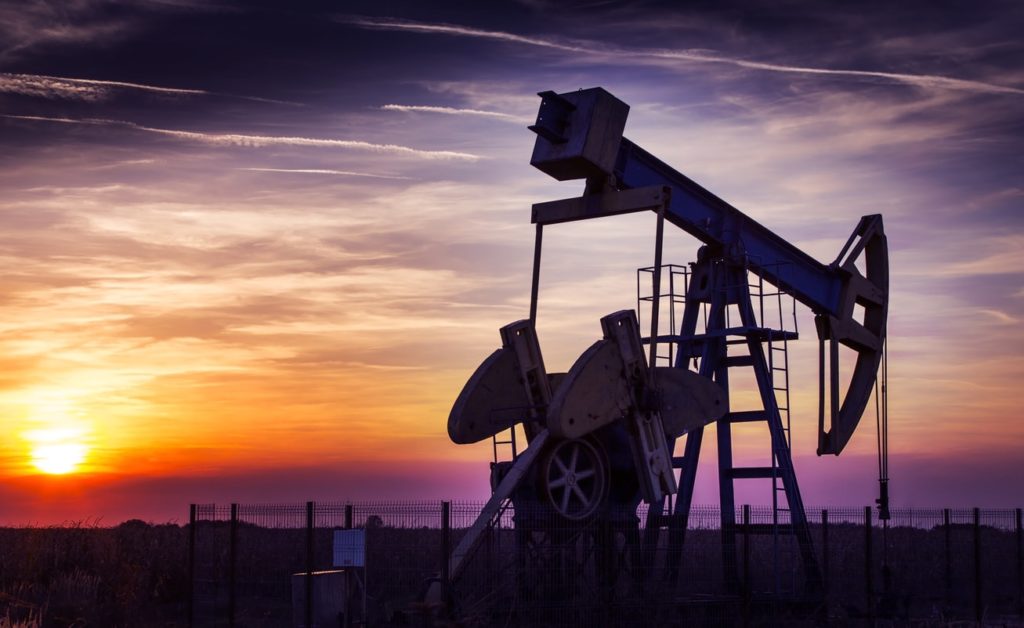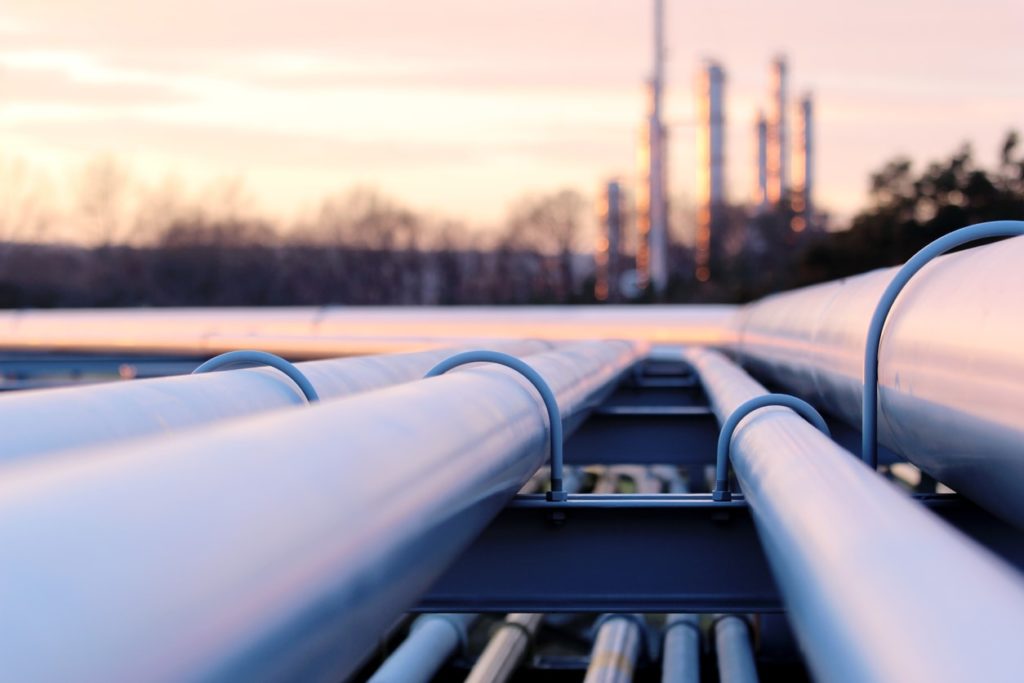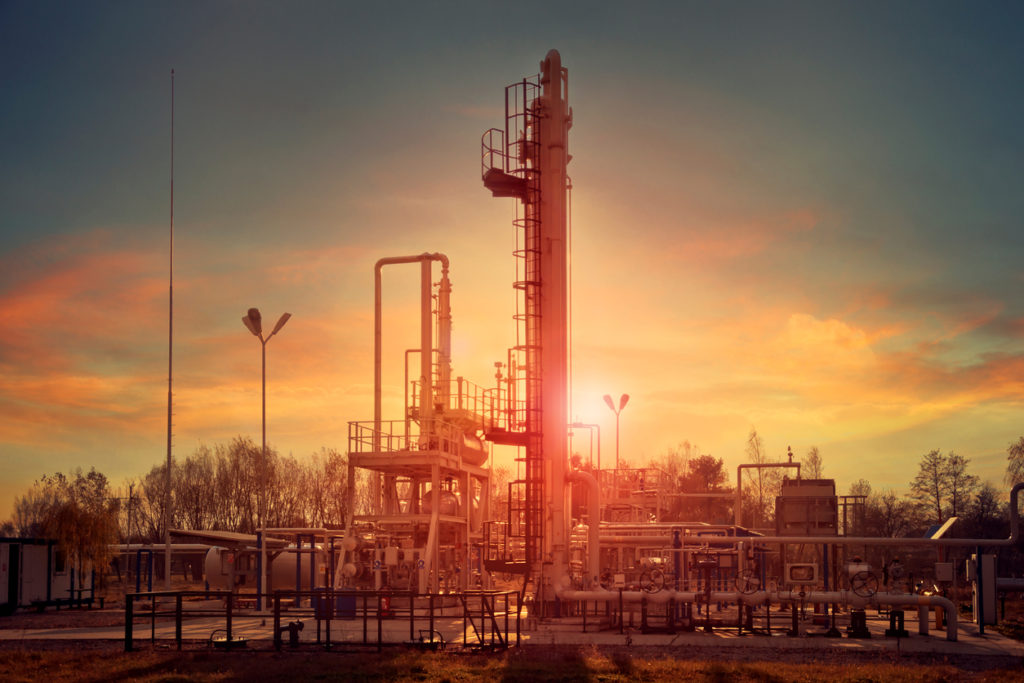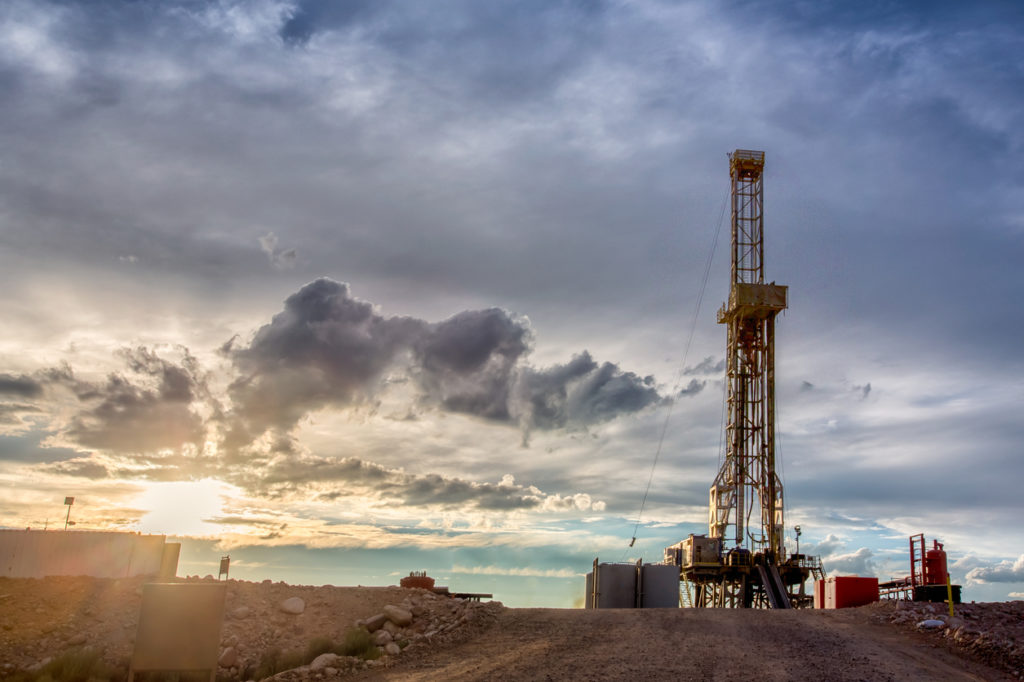Natural Gas Industry
Compressor Equipment in the Oil and Gas Industry
Within the oil and gas industry, there are many essential aspects that require proper compressor equipment. Here are the most common applications of compressors in this industry. The oil and gas industry through its refinement and distillation processes has helped in the production of: Gasoline Kerosene Jet fuel Diesel fuel Plastics A wide range of…
Read MoreWhat Is a Natural Gas Compressor Station (and Why Is It Important)?
Natural gas is used in many applications throughout the United States, but many people don’t understand the function and importance of a natural gas compressor station. When you turn on a natural gas furnace or fire up a gas oven, the fuel for these important household appliances don’t appear by magic. The gas which powers…
Read MoreWhy Is Natural Gas Pipe Fabrication Essential for Success?
The United State’s natural gas pipeline is at the same time complex and efficient, but it relies heavily on pipe fabrication and compressor stations for success. This process brings energy to millions of end users with its coast to coast network of compressor stations, pipelines, purification processes, and wellheads. Understanding how it works and the…
Read MoreWhat Is the Role of Natural Gas Compressor Stations?
Gas compressor stations play a vital role in the United State’s system of transporting our natural gas to consumers from well sites where the gas is extracted. Here’s how. Since pressure and gas flow are essential to the procedure of moving gas, these gas compressor stations help to keep the process efficient and safe. Geographical…
Read MoreNatural Gas Pipeline Safety: The Importance of Compressor Valves
The US relies on natural gas for industrial, commercial and residential use. Because of this, natural gas pipeline safety is of utmost importance. Almost 45 miles of pipeline were replaced in Massachusetts after a series of explosions and more than 60 fires occurred in September, 2018. A teenager was killed, and approximately 25 people were…
Read MoreWhat Is A Natural Gas Compressor?
A natural gas compressor is a machine that acts to reduce the volume of natural gas by increasing the pressure of the gas. This is generally done for one of two reasons. To reduce natural gas volume and store larger quantities in tanks or bottles for storage or transport. To use the pressurization and attendant…
Read MoreEverything You Need to Know About a Natural Gas Well
KB Delta is an expert in understanding natural gas compressors, compressor valves, and more. Let’s dive specifically into a natural gas well. The world runs on natural gas every day. You use it whenever you use your furnace, gas stove, and many other gas-powered appliances. All that gas has to come from somewhere, and it’s…
Read MoreWhat to Know About Oil and Gas Pipeline Safety
According to the National Transportation Safety Board, pipelines are the most efficient and safest way to transport petroleum products and natural gas. In fact, over 34% of our nation’s energy is generated by natural gas and over 700 million gallons of petroleum products is pumped through 300,000 miles of transmission pipeline across the country and…
Read MoreProcessing Natural Gas: 8 Steps to Know
Natural gas is valuable both as a clean source of energy and as a chemical feedstock in the manufacture of plastics. Before it reaches the consumer, it has to pass through several steps known as processing natural gas. These steps are necessary for the recovery of valuable components contained in the gas, as well as…
Read MoreWhat Is Shale Natural Gas and How Is It Different?
Natural gas mined from unconventional and conventional reservoirs are one in the same. Unconventional gas doesn’t refer to the type of gas itself, but instead the source rocks that create the gas found in these reservoirs. So what is the difference between shale natural gas, conventional natural gas, and unconventional gas? Conventional Natural Gas…
Read More
